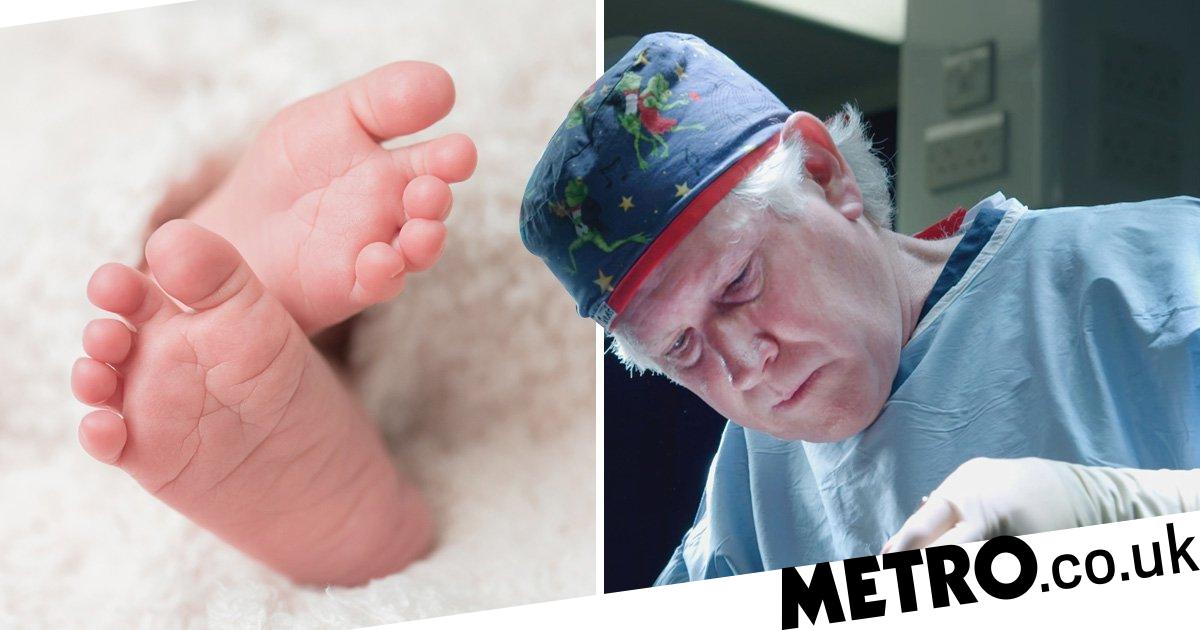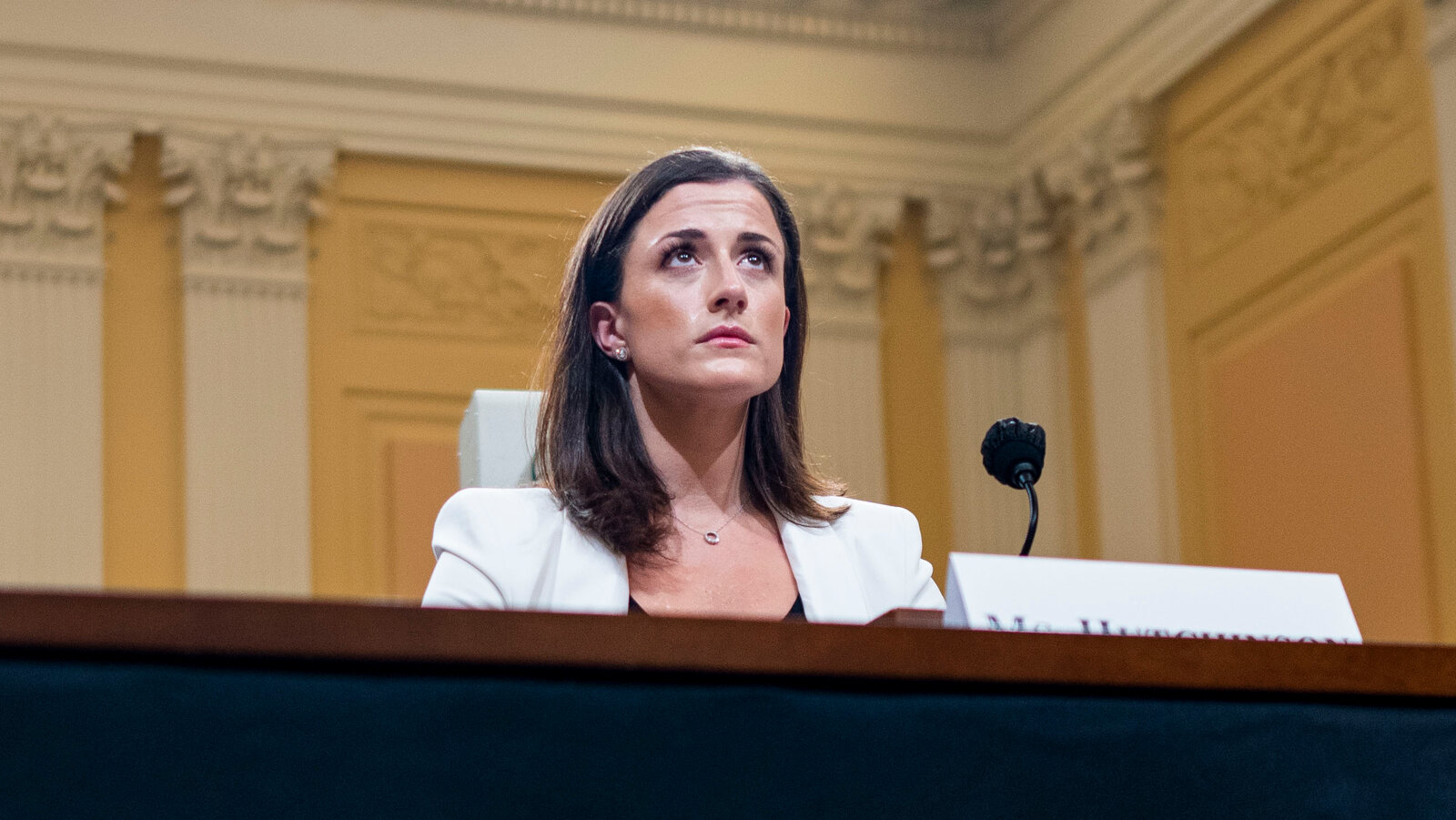Children's Hospital Activist Suggests Womb Transplants For Transgender Mothers

Table of Contents
The Activist's Proposal and Its Rationale
The activist, whose name has not yet been publicly released to protect their privacy, proposes exploring the viability of uterine transplantation as a pathway to pregnancy for transgender women. The target demographic would be transgender women who desire biological motherhood but lack a uterus due to their assigned sex at birth. The activist argues that this procedure would significantly advance reproductive rights for transgender individuals, providing them with access to pregnancy and childbirth previously unavailable. Their reasoning centers on the principle of equal access to reproductive healthcare, regardless of gender identity.
- Specific details of the proposed womb transplant procedure: The proposal suggests adapting existing uterine transplantation techniques, focusing on rigorous pre- and post-operative care tailored to the specific needs of transgender recipients. This would include meticulous immunological matching to minimize the risk of rejection.
- The activist's envisioned impact on transgender families: The activist believes this technology could profoundly impact transgender families, enabling the creation of biological families and challenging societal norms surrounding motherhood and family structures.
- Mention any supporting evidence or studies cited by the activist: While specific supporting evidence hasn't been publicly released, the activist's arguments are based on the existing success of uterus transplantation in cisgender women, suggesting the potential for adaptation and extension to the transgender community.
Medical Feasibility and Challenges of Womb Transplants
Uterine transplantation, while a groundbreaking advancement, remains a complex and high-risk procedure. Even in cisgender women, success rates are not yet perfect and long-term outcomes continue to be studied. Extending this procedure to transgender women presents unique challenges.
The significant medical hurdles and risks associated with womb transplantation include:
-
Immunological rejection: The recipient's immune system might reject the transplanted uterus, requiring lifelong immunosuppression, which carries its own risks.
-
Surgical complications: Uterine transplantation involves extensive surgery with potential risks of infection, bleeding, and other complications.
-
Long-term health effects for the recipient: The long-term health effects of immunosuppression and the physiological impact of pregnancy on a transplanted uterus are still largely unknown.
-
Success rates of current womb transplant procedures: While success rates vary, current uterine transplant procedures have shown a degree of success in leading to live births. However, these procedures are still experimental.
-
Specific medical challenges unique to this proposed application: The biggest challenge lies in overcoming the immune response, as the recipient's body is likely to recognize the transplanted uterus as foreign tissue.
-
Ethical considerations regarding donor availability and consent: Securing a suitable uterus donor and ensuring informed consent are crucial ethical considerations that need to be carefully addressed.
Ethical and Societal Implications
The ethical implications of womb transplants for transgender mothers are profound and far-reaching.
- Discussion on access and equity in healthcare: The high cost of such a procedure could exacerbate existing healthcare disparities, potentially making it accessible only to the wealthy.
- Debate on the implications for insurance coverage and funding: Whether insurance companies will cover this procedure is a major question, and public funding would likely be the subject of intense debate.
- Potential for exploitation or coercion in donor selection: Strict regulations and ethical guidelines are necessary to prevent potential exploitation or coercion in the selection of uterus donors.
The proposal also raises fundamental questions about the definition of motherhood and family structures. Concerns from religious, social, and political groups are likely, highlighting the need for open and respectful public discourse.
The Role of Children's Hospitals in this Debate
The involvement of a children's hospital activist adds another layer of complexity to this debate. Children's hospitals are typically associated with pediatric care, and their involvement in this advanced reproductive technology raises questions about their role in expanding the boundaries of healthcare. This association may impact the hospital's reputation and future research endeavors, necessitating transparency and open communication. Healthcare institutions have a responsibility to navigate ethical considerations carefully when dealing with cutting-edge medical advancements, especially those with significant societal impact.
Conclusion
The suggestion of womb transplants for transgender mothers presents a complex and multifaceted issue requiring extensive discussion and research. The medical feasibility, ethical implications, and societal impact must be carefully considered before implementing such a procedure. The current state of womb transplantation technology, coupled with the unique challenges posed by this specific application, necessitates further investigation. The debate also highlights the need for broader conversations about access to reproductive healthcare and the rights of transgender individuals.
Let's continue the conversation about the future of reproductive healthcare and the rights of transgender individuals seeking to build families. Join the debate and share your informed perspectives on womb transplantation and transgender motherhood. Further research and open dialogue are crucial to navigate the ethical and medical complexities surrounding womb transplants and transgender pregnancy.

Featured Posts
-
 Hart Trophy Finalists Announced Draisaitl Hellebuyck And Kucherov
May 10, 2025
Hart Trophy Finalists Announced Draisaitl Hellebuyck And Kucherov
May 10, 2025 -
 Cassidy Hutchinson Jan 6th Testimony And Upcoming Memoir
May 10, 2025
Cassidy Hutchinson Jan 6th Testimony And Upcoming Memoir
May 10, 2025 -
 High Potentials 11th Anniversary A Psych Spiritual Phenomenon
May 10, 2025
High Potentials 11th Anniversary A Psych Spiritual Phenomenon
May 10, 2025 -
 Soglashenie Makron Tusk 9 Maya Klyuchevye Punkty I Analiz Dlya Ukrainy
May 10, 2025
Soglashenie Makron Tusk 9 Maya Klyuchevye Punkty I Analiz Dlya Ukrainy
May 10, 2025 -
 Trumps Transgender Military Ban Fact Vs Fiction
May 10, 2025
Trumps Transgender Military Ban Fact Vs Fiction
May 10, 2025
